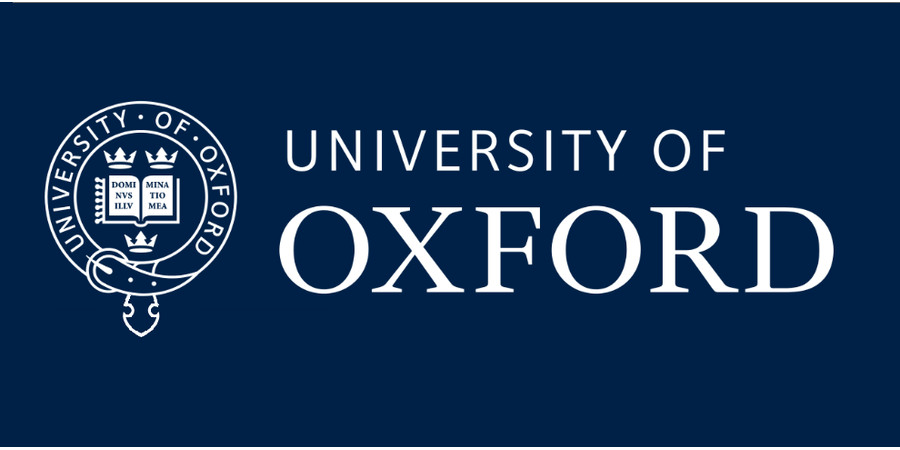Postdoctoral Research Scientist in Immunogenicity of Cancer Vaccines
University of Oxford - Nuffield Department of Medicine
| Location: | Oxford |
|---|---|
| Salary: | £38,674 to £46,913 Grade 7 |
| Hours: | Full Time |
| Contract Type: | Fixed-Term/Contract |
| Placed On: | 15th April 2025 |
|---|---|
| Closes: | 13th May 2025 |
| Job Ref: | 179103 |
We are seeking to appoint a Postdoctoral Research Scientist to join Dr Maria Aggelakopoulou’s dynamic team at the Oxford Centre for Immuno-Oncology, Nuffield Department of Medicine. This role forms part of the GO-PRECISE alliance, which aims to develop preventive cancer vaccines. You will contribute to preclinical studies assessing the immunogenicity of mRNA-lipid nanoparticle vaccines and investigating mechanisms that drive anti-tumour T cell responses. You will have a strong background in Immunology to work at the forefront of translational cancer vaccine research, using cutting-edge techniques and collaborating with leading scientists and industry partners.
You will be responsible for supporting the project both intellectually and technically, using your immunological expertise and critical evaluation of the literature to develop hypotheses and apply cellular immunology techniques. You will manage your own research and administrative activities to ensure deadlines are met, while performing innovative lab-based experimental work, adapting existing and developing new scientific techniques and protocols. In addition, you will apply bioinformatic tools to analyse a variety of datasets, including publicly available, in-house, and newly generated data, maintaining a strong awareness of emerging approaches and using them where appropriate. You will take the lead in preparing scientific reports and manuscripts, and clearly present research data at internal lab meetings, as well as in meetings with external collaborators. The role also involves broadening your scientific and technical expertise through attending seminars, undertaking relevant training, while contributing ideas for future research directions and potential funding applications. Working synergistically with the wider research team, you will also help facilitate the progress of others by offering support, sharing resources and expertise, and providing guidance or training contributing to the smooth and collaborative running of the lab.
It is essential that you hold a PhD or DPhil (or are close to completion) in Immunology or a related biomedical science field, with research experience and specialist knowledge in T cell immunity. You will have authored one or more first-author research articles published in peer-reviewed journals, or, if you are nearing completion of your PhD, be close to submitting significant first-author manuscripts and/or have other demonstrable evidence of research productivity. You will have hands-on experience in cellular immunological techniques, including multiparameter flow cytometry, in vitro lymphocyte (co)culture systems, organoid models, T cell cloning and functional assays. Proven ability to innovate, particularly in establishing and troubleshooting techniques is essential. You will also have experience using R and Python, and be proficient in bioinformatic tools for analysing high-dimensional datasets such as high-parameter flow cytometry or single-cell transcriptomic profiling; expertise in spatial profiling would be highly advantageous. We are looking for evidence of scientific creativity and the ability to contribute meaningfully to shaping the direction of the research project. Strong verbal and written communication skills are also required, with the ability to clearly present findings through presentations, publications, and grant applications. Finally, you should be capable of working both independently and collaboratively, with excellent time management and organisational skills.
Applications for this vacancy should be made online and you will need to upload a supporting statement and CV. Your supporting statement must explain how you meet each of the selection criteria for the post using examples of your skills and experience. Please restrict your documentation to your CV and supporting statement only. Any other documents will be requested at a later date.
Fixed term: 31 December 2027
Advert information
Type / Role:
Subject Area(s):
Location(s):









